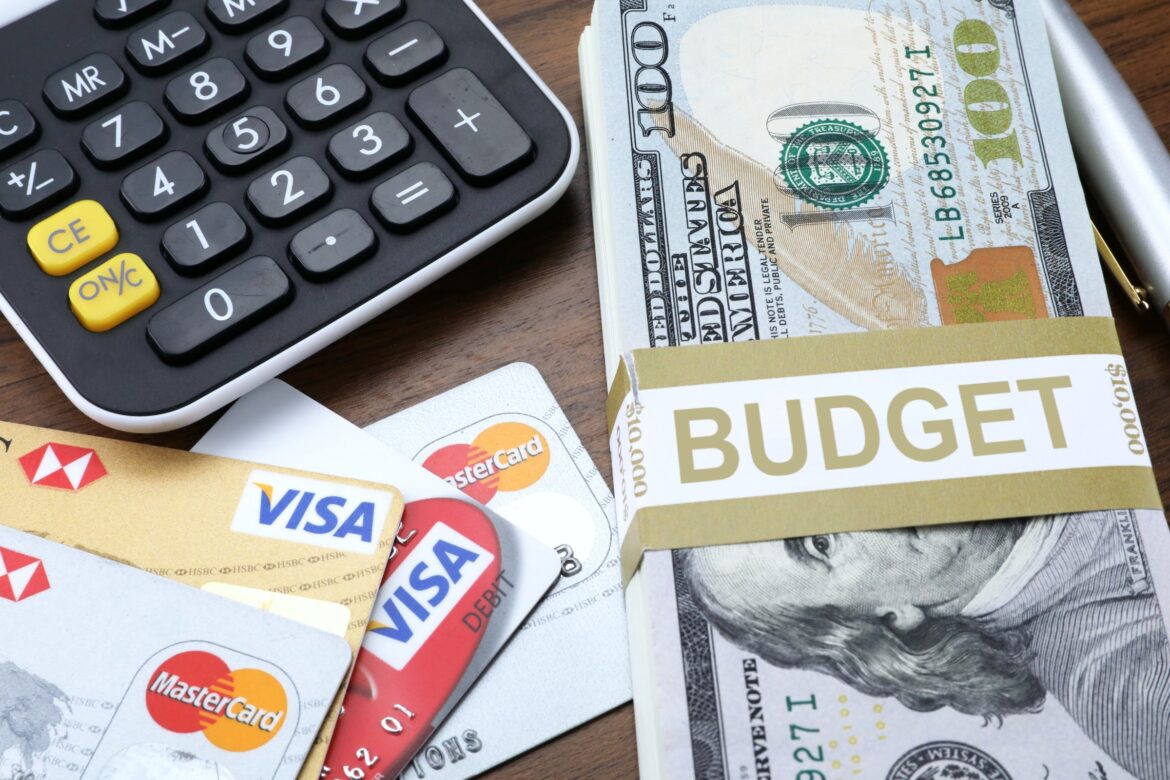A budget is a plan for spending or saving money. It is a quantitative expression of a person’s financial plan. The purpose of making a budget is to make better-informed decisions about how to earn, spend, and/or save money, and to help manage income and debts, or simply to understand a personal finance situation. By making a budget you commit yourself to spend less than you earn, and avoid going into debt.
To maintain a budget, you need to be aware of what you’re spending. To stick to a budget, you need to keep up a consistent effort which inevitably means changing your behavior. Thus, tracking your spending is a good way to learn about personal finance.
Budgeting is a balancing act: you’re spending and investing at the same time. To avoid running out of money, you need to invest enough to ensure stability and growth, but not so much that you run yourself into the ground.
While it may seem that money trickles into your life in terms of salary, investments, business loans, and benefits, the reality is that it quickly trickles out. Keeping your money in check requires a constant effort to balance—an effort that involves not only saving but also balancing your investments for both stability and growth.
A budget is one of the most helpful tools for attracting financial success. The key to having a budget that works, though, is not to use spreadsheets or software, but instead to use certain principles and behaviors.
Budgeting can seem all doom and gloom. But it isn’t if you know what you are doing. You will discover clever ways to give yourself some breathing room, improve your credit score, reduce debt, protect your money, and so much more with these tips below:
How to budget like a Pro! (do this)
Assess your expenses
The number one step in smart budgeting is being aware of your total daily, weekly, and monthly expenses. Be honest with yourself, save receipts if you have to! Yes, budgets are boring but if you don’t know where your money is going who knows where it will end up?
Create a buying plan
A buying plan helps to map out your spending to avoid impulse buying or unnecessary splurging, which can blow up your budget. With a buying plan, you’ll be able to create a detailed plan for each month, quarter, or year. The plan should include larger purchases you need to make, but also smaller ones.
Overhaul your finances to save more money
Overhauling your finances seems like a long, arduous task, but it’s quite simple. By spending only on the essentials, your new savings can be applied to paying off high-interest debt or boosting your emergency fund. It may be hard saying no to some purchases at first, but after you get used to living on a tighter budget, you may not miss the extras at all!
Live below your means
You’ve probably heard a lot about living below your means. It’s a popular personal finance adage that essentially states the more money you have, the less you should spend. It’s the truth! Oftentimes people will say they need more money to save. This is one reason why they’re not able to save at all because they’re spending above their means.
Benefits of Having a Smart Budget
- It allows you to save more money
- It forces you to exercise better spending habits
- It helps you set financial goals
- It helps you identify problems early on
- It gives you a clear image of your finances and helps you make more money
It’s time for you to spend your money wisely. You don’t have to be wealthy to have a budget, it’s all about practicing financial discipline. If you don’t have a budget, you know then things can get out of hand. Create a budget that works for you, then stick to it.

